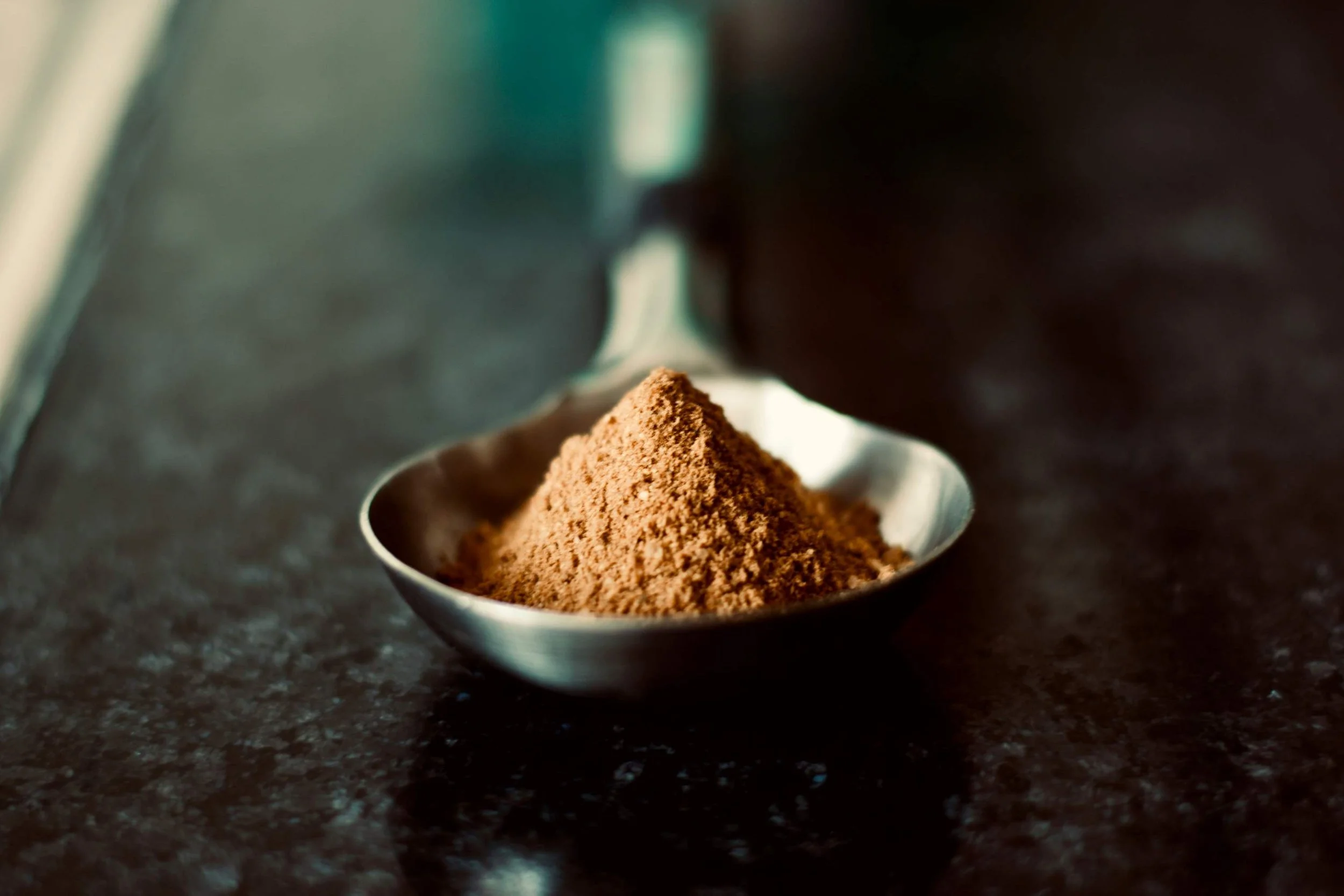Maca Powder for PCOS
Polycystic Ovary Syndrome (PCOS) affects millions of women worldwide, often leading to hormonal imbalances, irregular cycles, and other challenging symptoms. While managing PCOS requires a multifaceted approach, natural remedies like maca powder have gained popularity for their potential to support hormonal balance and overall health.
In this post, we’ll explore how maca powder can benefit those with PCOS, supported by scientific research.
What is Maca Powder?
Maca powder is made from the root of the maca plant (Lepidium meyenii), which grows high in the Andes Mountains of Peru. Known as an adaptogen, maca is believed to help the body cope with stress and support various bodily functions, including hormone regulation.
Supports Hormonal Balance
Maca has long been used as a natural remedy to balance hormones. In women with PCOS, hormonal imbalances often lead to irregular periods and other symptoms such as acne, excessive hair growth, and mood swings.
Research has shown that maca may help regulate estrogen and progesterone levels, crucial hormones in the menstrual cycle. By improving hormonal balance, maca may contribute to more regular cycles and fewer PCOS-related symptoms. While maca doesn’t contain hormones, it influences hormone production and balance in a way that may benefit women with PCOS.
Improves Insulin Sensitivity
One of the major concerns in managing PCOS is insulin resistance, which can contribute to weight gain, fatigue, and an increased risk of type 2 diabetes. Studies have suggested that maca powder can help improve insulin sensitivity, allowing the body to use insulin more effectively.
This benefit is particularly important for women with PCOS, as insulin resistance is a common complication of the condition. By improving insulin function, maca may help with managing weight, energy levels, and metabolic health.
Enhances Fertility
Maca is also known for its potential fertility benefits. For women with PCOS, ovulation irregularities often lead to difficulty getting pregnant. Maca has been found to improve ovarian function, support regular ovulation, and increase sperm count in men, suggesting that it may play a role in enhancing fertility.
While maca isn’t a cure for infertility, it could be a useful addition to a fertility-enhancing lifestyle for women with PCOS.
Reduces Stress and Improves Mood
Living with PCOS can be stressful, and stress, in turn, can worsen symptoms. Maca’s adaptogenic properties may help the body respond better to stress and reduce anxiety. This can be particularly helpful for women with PCOS, who are at higher risk for mood swings and depression due to hormonal fluctuations.
By supporting the adrenal glands and reducing cortisol (the stress hormone), maca may help create a more balanced emotional and mental state, which can improve overall quality of life.
Increases Energy Levels
Fatigue is a common symptom of PCOS, leaving many women feeling drained and sluggish. Maca is known for its ability to naturally boost energy levels and improve stamina. This can be especially beneficial for those struggling with the chronic fatigue that often accompanies PCOS.
Unlike caffeine or sugar, maca provides sustained energy without the crash, making it a great alternative for those seeking a natural way to stay energized throughout the day.
How to Incorporate Maca into Your Diet
Adding maca powder to your routine is simple. You can mix 1-2 teaspoons into smoothies, coffee, oatmeal, or even baked goods. It has a mild, nutty flavor that blends well with a variety of foods.
Final Thoughts
Maca powder may offer several benefits for managing PCOS, from improving hormonal balance and insulin sensitivity to boosting fertility and reducing stress. While maca is not a cure for PCOS, it can be a helpful addition to a holistic approach to managing the condition.
As with any supplement, it’s important to consult your healthcare provider before incorporating maca into your routine, especially if you have PCOS or other underlying health concerns.
If you’re interested in learning more about maca and its role in managing PCOS, feel free to reach out to schedule a consultation or check out my instagram for additional insights!
References
Gonzales, G. F., et al. (2001).
Maca (Lepidium meyenii) as an adjunct to conventional therapy in the management of menopausal women.
Journal of Ethnopharmacology, 74(2), 99-104.
PMC article
Cárdenas, A., et al. (2009).
Effects of Maca (Lepidium meyenii) on sexual desire and anxiety in men and women: a double-blind, randomized, placebo-controlled study.
Andrologia, 41(1), 17-22.
PMC article
Loor, G. (2012).
Effects of Lepidium meyenii (Maca) on fertility and sexual dysfunction in humans.
Reproductive Biology and Endocrinology, 10, 71.
PMC article
Choi, K. R., et al. (2014).
Maca (Lepidium meyenii) supplementation improves sexual function in women: a systematic review and meta-analysis.
Phytotherapy Research, 28(12), 1865-1872.
PMC article
Yao, H., et al. (2016).
The effects of maca root on improving fertility in animal models: a systematic review.
Evidence-Based Complementary and Alternative Medicine, 2016, 8935610.
PMC article
Sadeghniiat-Haghighi, K., et al. (2016).
Effects of Maca (Lepidium meyenii) supplementation on fertility in women: A systematic review of randomized controlled trials.
International Journal of Reproductive BioMedicine, 14(7), 423-428.
PMC article

